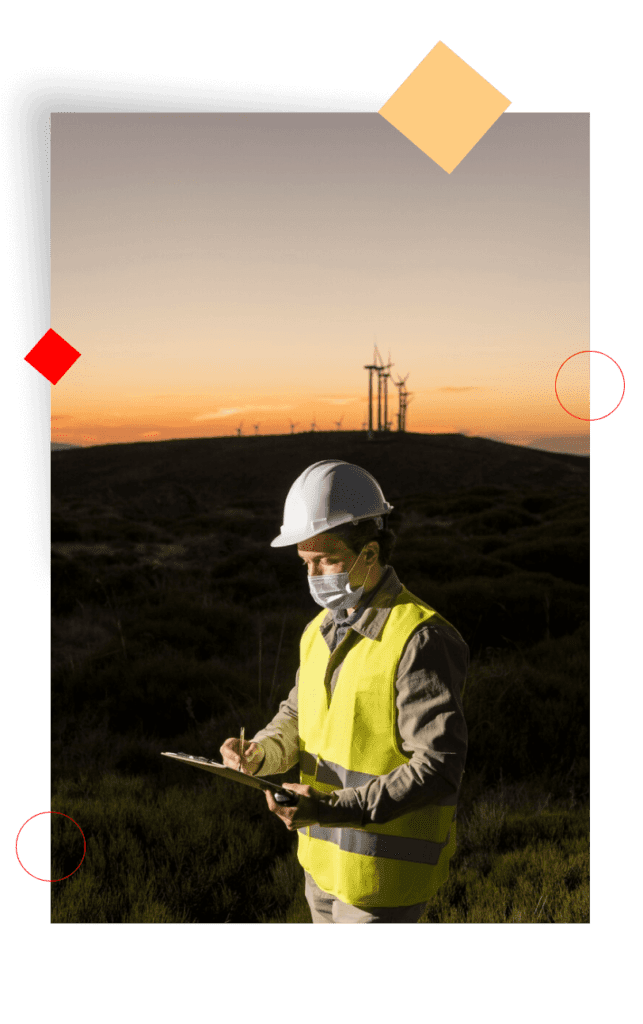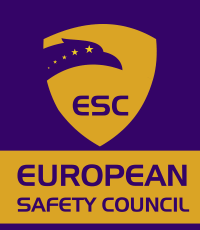Redhat is the most widely recognized health and safety training institute which provide world class training.
CIN: U93000TN2015PTC099029
GSTIN: 33AAHCR1837Q1ZX
ESC Approved Course advisor No: 786
Important Links
Contact Us
Business/Legal Name: REDHAT SAFETY TRAINING AND CONSULTING PRIVATE LIMITED
Contact Details
Business/Legal Name: REDHAT SAFETY TRAINING AND CONSULTING PRIVATE LIMITED
Redhat Safety Training & Consulting Private Limited
20/7 State Bank Colony City Link Road, Adambakkam, Chennai – 600088.
Copyright © 2026 Redhat Safety. All Rights Reserved














